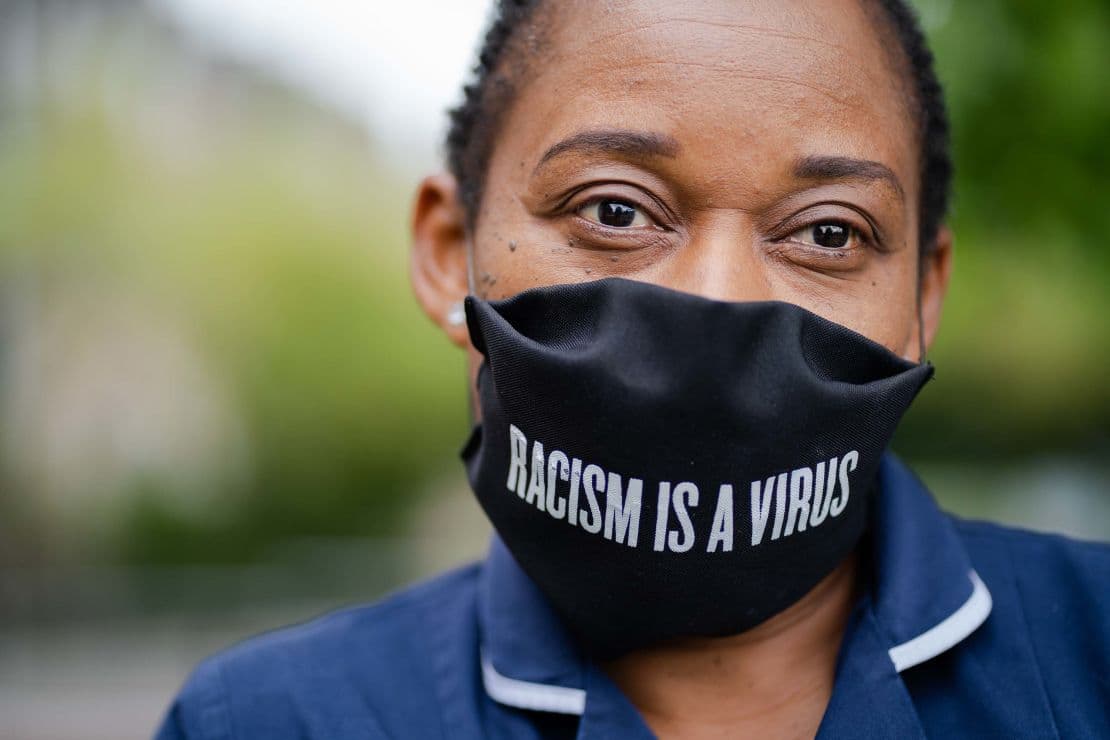We're loading the full news article for you. This includes the article content, images, author information, and related articles.
A reported 55% rise in racist incidents against UK nurses raises urgent questions about the safety and wellbeing of Kenyan healthcare professionals working under a bilateral agreement.

NAIROBI – A startling report from the United Kingdom's Royal College of Nursing (RCN) has revealed a 55% increase in racist incidents reported by nurses over the last three years, prompting significant concern for the thousands of Kenyan healthcare professionals working in the UK's National Health Service (NHS). The findings, released on Monday, 27 October 2025, highlight a worsening environment that could impact the landmark Kenya-UK healthcare workforce agreement signed in 2021.
According to the RCN, its support helplines are projected to receive over 1,000 calls from nurses reporting racist abuse in 2025, a sharp rise from nearly 700 cases in 2022. Professor Nicola Ranger, the RCN's General Secretary, described the trend as a "mark of shame" and emphasized that employers have a legal duty to ensure safe workplaces. The union directly linked the surge to anti-migrant rhetoric, which it claims emboldens racist behaviour.
The incidents reported are severe and originate from patients, colleagues, and even managers. Examples include a nurse being told by a manager they "shouldn't have come to the UK" after a leave request was denied, and a patient referring to a nurse as a "slave." Another nurse was told by a colleague, "I want to remind you that you're not one of us."
The Kenya-UK health agreement was established in July 2021 to create a regulated pathway for unemployed Kenyan nurses to work in the NHS, addressing the UK's staffing shortages while providing Kenyans with valuable experience. As of November 2023, official UK data showed 1,936 Kenyans working in the NHS, though recruitment efforts have aimed for much higher numbers. This agreement includes commitments to ensure the rights of Kenyan healthcare workers are consistent with those of their domestic counterparts.
However, the RCN's findings cast a shadow over these opportunities. The data aligns with broader trends within the NHS. The 2024 NHS Workforce Race Equality Standard (WRES) report, published in June 2025, found that 24.9% of staff from Black and Minority Ethnic (BME) backgrounds reported experiencing harassment, bullying, or abuse from colleagues in the past year, compared to 20.7% of white staff. It also noted that while BME staff make up 28.6% of the NHS workforce, they are underrepresented in senior and board-level positions.
The RCN has urged the UK government and politicians to cease using anti-migrant rhetoric, which it argues puts international staff at risk. In response to the report, a spokesperson for the UK's Department of Health and Social Care called the figures "shocking" and stated that racism is "unacceptable and will not be tolerated in our NHS." The department also noted that the Prime Minister has ordered an urgent review of all forms of racism in the health service.
Despite these assurances, the reliance on an international workforce remains critical for the NHS. In June 2023, 27.2% of nurses and health visitors in England reported a non-British nationality. The health service has become increasingly reliant on staff from non-EU countries, particularly from Africa and Asia, since the UK's exit from the European Union.
For Kenyan nurses and those considering the programme, this report raises critical questions about the workplace protections afforded to them. The bilateral agreement stipulates cooperation on employment conditions and the regulation of recruitment, overseen by a joint committee. The current situation may necessitate a review by this committee to ensure the safety and fair treatment of Kenyan professionals, whose skills are vital to the functioning of the NHS.
Keep the conversation in one place—threads here stay linked to the story and in the forums.
Sign in to start a discussion
Start a conversation about this story and keep it linked here.
Other hot threads
E-sports and Gaming Community in Kenya
Active 9 months ago
The Role of Technology in Modern Agriculture (AgriTech)
Active 9 months ago
Popular Recreational Activities Across Counties
Active 9 months ago
Investing in Youth Sports Development Programs
Active 9 months ago